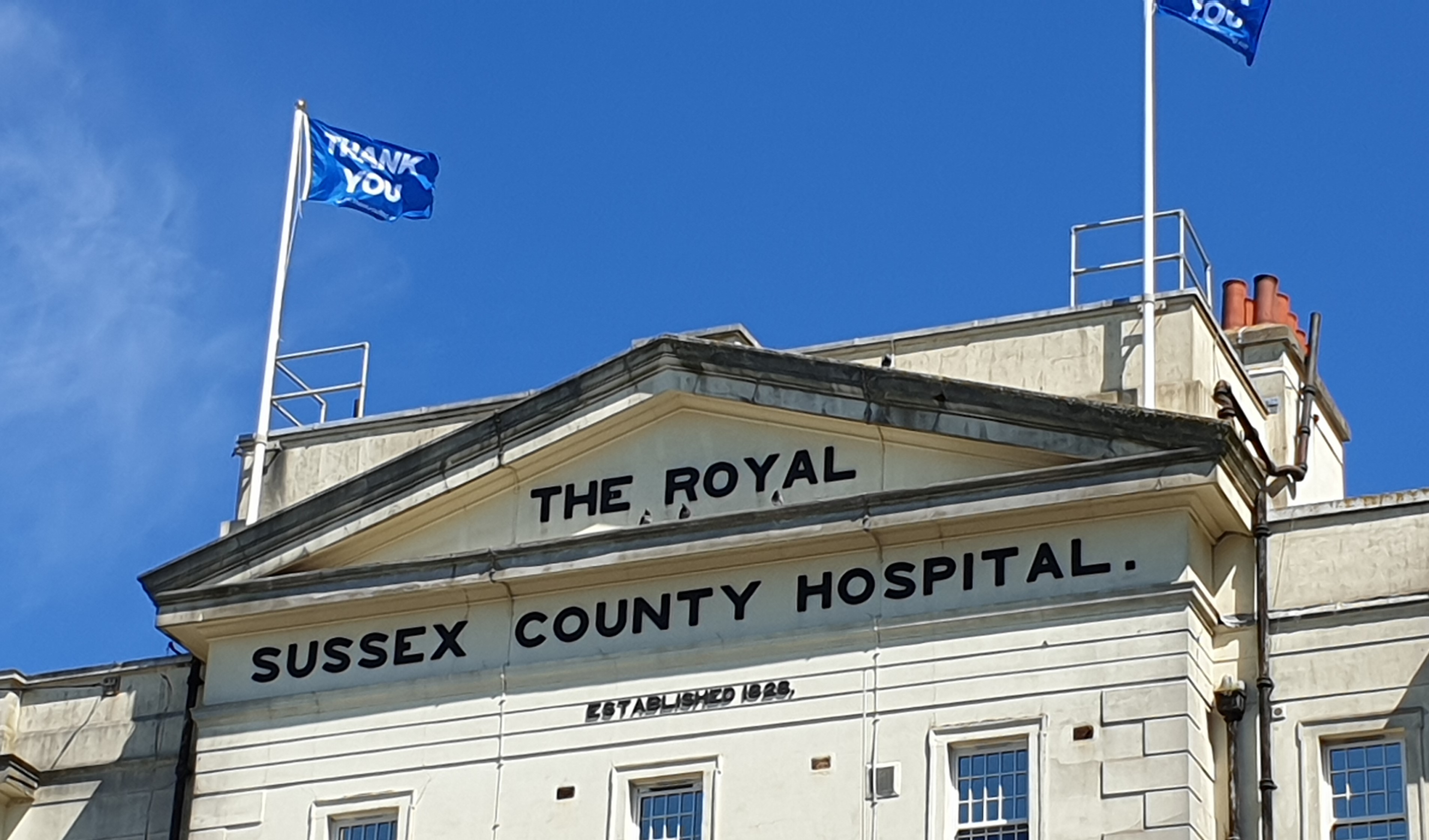More than 1,200 staff were off work with sickness at Brighton and Hove’s main NHS hospital trust on Boxing Day, according to new figures.
And about a third of those of sick – or 396 of 1,202 – had the coronavirus. This was up 54 per cent from the 257 covid-related absences the week before.
The trust runs a number of hospitals, including the Royal Sussex County Hospital, the Royal Alexandra Children’s Hospital and the Sussex Eye Hospital – all in Brighton. It also runs hospitals in Shoreham, Worthing, Chichester and Haywards Heath.
University Hospitals Sussex employs almost 20,000 people across five main hospital sites in Sussex and has an operating budget of more than £1 billion.
An earlier NHS “situation report” said that staff absences had reached a recent peak of 1,173 on Wednesday 8 December.
NHS England medical director Stephen Powis said that health services were on “a war footing”, with covid-related staff absences more than doubling in a fortnight.
Across England, the number of NHS staff off work with covid-19 increased from 18,800 on Sunday 19 December to 24,600 on Boxing Day – a 31 per cent rise in one week.
Professor Powis said that new nurses and reservists were being recruited to deal with pressures as Nightingale hubs were being set up across the country to tackle a surge in coronavirus patients.
He added: “We don’t yet know the full scale of rising omicron cases and how this will affect people needing NHS treatment.
“But having hit a 10-month high for the number of patients in hospital with covid, while wrestling with sharply increasing staff absences, we are doing everything possible to free up beds and get people home to their loved ones.”
He said that it was vital to keep as many NHS staff as possible at work in the next few weeks.
Those with negative “lateral flow test” results on day six or seven of their self-isolation – with tests taken 24 hours apart – no longer had to stay indoors for a full 10 days.
But calls are growing for the government to cut this further after the American government reduced the self-isolation period to five days for asymptomatic cases.
NHS Providers chief executive Chris Hopson said that staff absences could pose a bigger challenge to the health service than patients needing treatment for the virus. Staff were having to be redeployed to fill gaps.
The government said that, while early evidence suggests the new omicron coronavirus variant was less likely to cause serious illness than previous strains, it was ready to impose new measures in England if necessary.
England is the only country in the UK to have ruled out extra restrictions before the new year.








